…
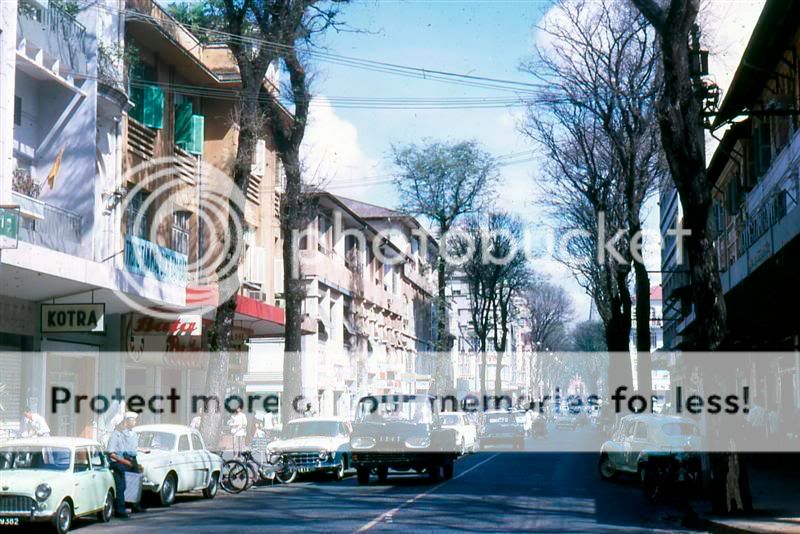 Sài Gòn. Hiển hiện lên rõ nét với phố xá đầy những ánh đèn và ngập tràn những thứ mê hoặc các đứa trẻ chỉ biết sống It’s now or never như một sự cổ vũ nhiệt tình phía quê nhà. Hắn dấn thân vào tiếng gọi ấy lúc đi và quên mất khi đặt chân đến. Sài Gòn.
Sài Gòn. Hiển hiện lên rõ nét với phố xá đầy những ánh đèn và ngập tràn những thứ mê hoặc các đứa trẻ chỉ biết sống It’s now or never như một sự cổ vũ nhiệt tình phía quê nhà. Hắn dấn thân vào tiếng gọi ấy lúc đi và quên mất khi đặt chân đến. Sài Gòn. 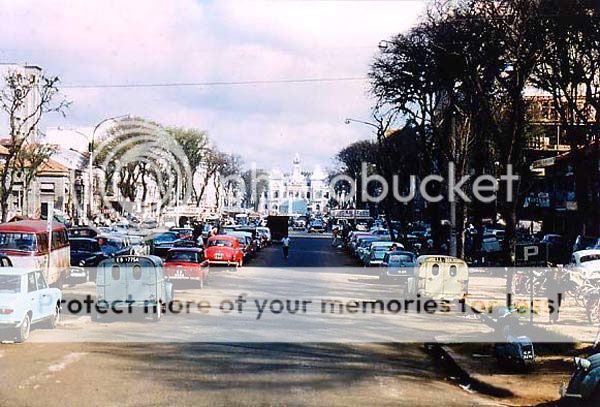
 Hắn đến đầu làng khi mặt trời vẫn còn chưa dậy, tiếng gà gáy đâu đó vang lên từ phía trong làng, mùi của buổi sớm tinh khiết sọc vào mũi hắn khiến những tưởng như nơi này chưa từng hứng chịu đạn bom hay biển máu.
Hắn đến đầu làng khi mặt trời vẫn còn chưa dậy, tiếng gà gáy đâu đó vang lên từ phía trong làng, mùi của buổi sớm tinh khiết sọc vào mũi hắn khiến những tưởng như nơi này chưa từng hứng chịu đạn bom hay biển máu. Hắn ngồi thẫn thờ thật lâu trước tượng đài, nén nhang đã cháy gần tàn mà hắn không hay biết. Gió sớm thoảng qua, cuốn theo những làn khói mỏng như lời thì thầm từ cõi khác. Bóng cây tre đổ dài, lay động như những vệt ký ức vẫy gọi về.
Có lẽ, hắn sẽ chẳng bao giờ được tha thứ hoàn toàn. Nhưng trong khoảnh khắc cuối cùng ấy, khi nhìn Catherine bỏ đi với dáng vẻ bình thản mà cương quyết, hắn hiểu được một điều: Tha thứ không phải là quên lãng. Mà là dám đối diện, dám kể lại, dám cho quá khứ một cơ hội để không còn là vết thương, mà trở thành một phần của bài học nhân loại.
Một con chim sẻ nhỏ đậu xuống cành tre, rồi cất tiếng hót ngắn ngủi giữa không gian im lặng. Hắn ngước nhìn, thở ra một hơi dài, thật dài như thể vừa trút đi một gánh nặng.
Rồi hắn đứng dậy, lần đầu tiên trong suốt mấy mươi năm, lưng không còn cúi gập.
Hắn quay lưng bước đi – không phải để trốn tránh, mà là để bắt đầu viết lại một chương khác, thành thật hơn, đau đớn hơn, nhưng cần thiết hơn – một chương đời mà ở đó, ký ức không còn là nhà tù, mà là chứng nhân.
***
Life is a chain of coincidences that together form destiny.
On that last night train of the old year, he returned to the sun-kissed village, lips chapped with longing, hoping to find a smile lost twenty years ago. A smile now nearly hopeless—yet it haunted his entire life.
…
Insomnia.
Chronic insomnia had tormented him for nearly fifty years. He smashed every mirror and reflective surface when he first returned to the place he dared call home.
Saigon.
Its image burned clear every time he closed his eyes. Saigon—the glorious and the decadent, filled with night butterflies that led him and his drunken comrades through smoke, liquor, and the scent of gunpowder.
Saigon sparkled, the streets aglow and full of things that bewitched the youth who lived by “It’s now or never” like a cheer from home. He dove into that call—and forgot it the moment he arrived. Saigon.
And then, beyond Saigon, place after place flashed by like a speeding train. Green trees, heavy rice fields undisturbed by bombs, children playing in bomb craters—each image part of an endless marathon.
The final image in that marathon was of a woman in a black bà ba shirt standing in the wind, strands of hair dancing, carrying a child in her arms—an image that would torment him forever.
Some tried to get up and run. They couldn’t—and fell.
He remembered one woman, standing and trying to flee—with a baby in her arms. But she couldn't.
He watched each person fall, and then he fired. One by one, until he became a blood-crazed beast, unable to control himself.
He didn’t know why his tears flowed so freely—only that he struggled to hide what others would call weakness.
The S-shaped country haunted him. The media reported the event for a while, then fell silent. But for him, it wasn’t enough. He studied Vietnamese through waves of immigrants, collected every article about the incident, clipping them carefully into a journal.
His comrades called him crazy and avoided him. He knew—even all that wasn’t enough.
He was haunted by her.
The woman who once smiled at him when he entered the village.
He had felt more like a man than ever before when he caught her as she stumbled over a branch.
Then he pulled the trigger.
He killed her.
And the child.
After killing the rest of her family.
That young soldier had returned to the S-shaped country one more time.
…
"Thank you," he said to the young woman in front of him, voice low.
"For what?" she asked, indifferently, warming her hands on a cup of cocoa.
"For the truth," he replied, still low-voiced.
"If it’s about the truth, then there’s no need to thank me," she said coolly. "Truth is truth. No one has the right to hide it. The only question is how long it takes people to recognize it."
Her words carried contempt—not just in her tone but in the sigh that followed.
He—now wrinkled and weary—bore little resemblance to the faded photo on the shelf behind them.
"Not everyone is brave enough to face that truth," he sighed. "Because sometimes it destroys those they love most."
"You mean your wife—Catherine?" she asked.
"Yes. I came back to this land seeking forgiveness. I thought I’d found peace in her—but something... something still haunted me."
He reached the edge of the village just before dawn. A rooster crowed somewhere deep inside. The crisp morning air filled his lungs—he could almost believe this place had never seen bombs, never drowned in blood.
Time had buried the war.
He didn’t know if the echoes of that brutal day remained. All he saw was a new Sơn Mỹ—modern houses, lush rice fields, the old dirt path still there. But as he spotted a familiar bamboo grove, his hands, his brow, his back began to sweat uncontrollably.
He scanned around, afraid someone might spot him and raise a weapon.
Part of him wanted release—an end.
But reason held him back: would they really end it quickly, kindly, if they found him?
"The real ghost..." she said, voice shaking, "was the mass rape."
He sat still—receiving her judgment in silence.
"You thank me," she pressed, "because now you and your comrades will die with only condemnation at the end of your lives? Peacefully? Is that it?"
He nodded, defeated.
"You won’t meet God," she spat. "Hell waits for you. I can’t understand how men could be so cruel, so cowardly—hiding their crimes and helping cover them up."
"You’re right," he whispered. "Cruel and cowardly. And selfish—to seek forgiveness without even speaking the truth."
She leaned in. "Let me ask you something, you brave old soldier. If I hadn’t noticed the contradiction in that photo—the woman in the black shirt fastening her buttons before the gunfire—would you have stayed silent?"
She spoke slowly now. Her eyes reddened.
...
He stood before the bamboo grove for just one minute.
Sweat poured like rain.
Sunlight pierced through the leaves—sharp arrows into his chest, stealing his breath.
He rushed away.
He stopped at a monument veiled in incense smoke.
He didn’t know who had come so early.
A chill climbed his spine.
But he steadied himself and did the same.
He lit an incense stick. For the dead.
"Yes," he answered.
She looked at him, lost for words.
"Then there’s no need to thank me," she said quietly.
"Thank your wife. She’s the one who truly forgave you."
"I know," he replied.
"No," she said. "You think you know. But she knew. She knew the ghost followed you even when you thought you’d buried it, even after your first return to Vietnam. Catherine—" she paused, watching his face pale, "—was that child.
"The one that woman protected.
The woman who smiled at you,
Caught by your arm,
Shot by your gun,
Buttoning her shirt—
To shield Catherine."
She stood and left. He collapsed into the chair.
"On flickering park lights
I see the shape of green bamboo
Two children from the countryside
The brother takes bullets for his sister..."
(Phạm Duy)
He sat still for a long time before the monument, the incense stick burning nearly to ash without him noticing. The early breeze carried the faint smoke like a whisper from another realm. The shadows of the bamboo trees stretched long across the ground, trembling gently like memories beckoning him home.
Perhaps he would never be fully forgiven. But in that final moment, watching Catherine walk away—composed yet resolute—he finally understood: forgiveness is not about forgetting. It's about facing, recounting, and allowing the past a chance to become more than a wound—to become a lesson etched into the conscience of humanity.
A small sparrow landed gently on a bamboo branch and sang a brief, crisp note into the silence. He looked up, exhaled slowly—deeply—as though releasing a weight he'd carried for half a century.
Then he rose to his feet, for the first time in decades, his back no longer hunched.
He turned and walked away—not to flee, but to begin writing another chapter, one that was more honest, more painful, and more necessary—a chapter where memory was no longer a prison, but a witness.
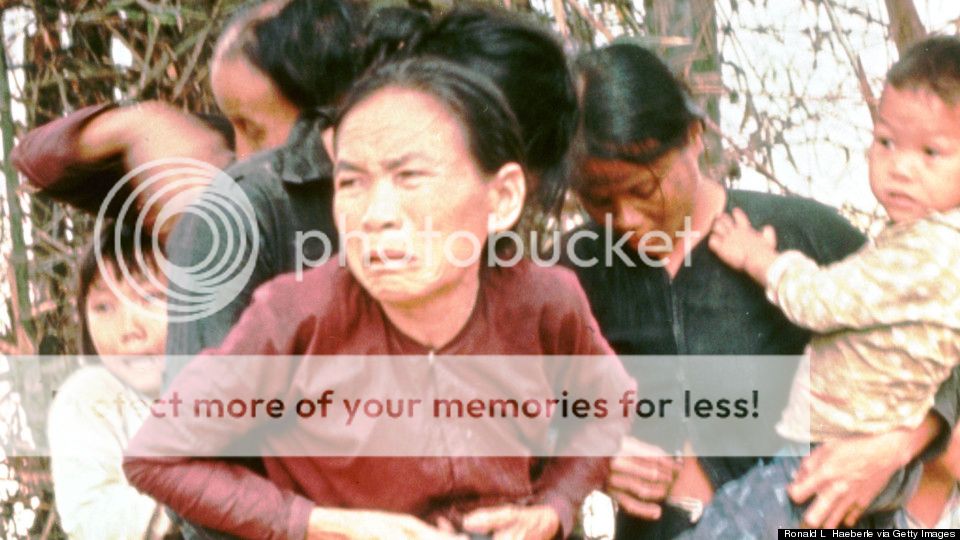
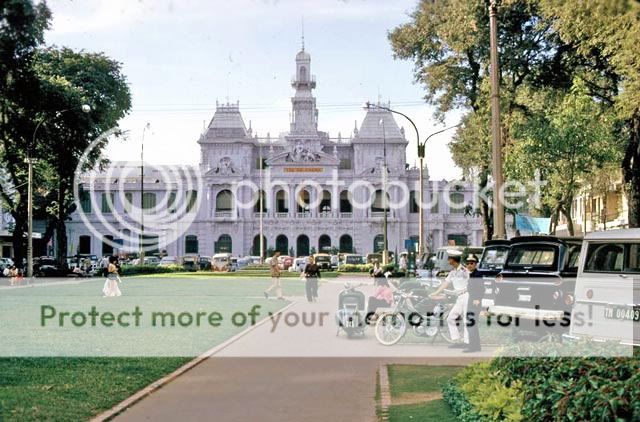

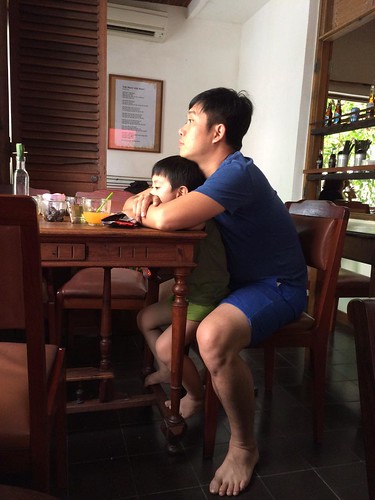
Không có nhận xét nào:
Đăng nhận xét